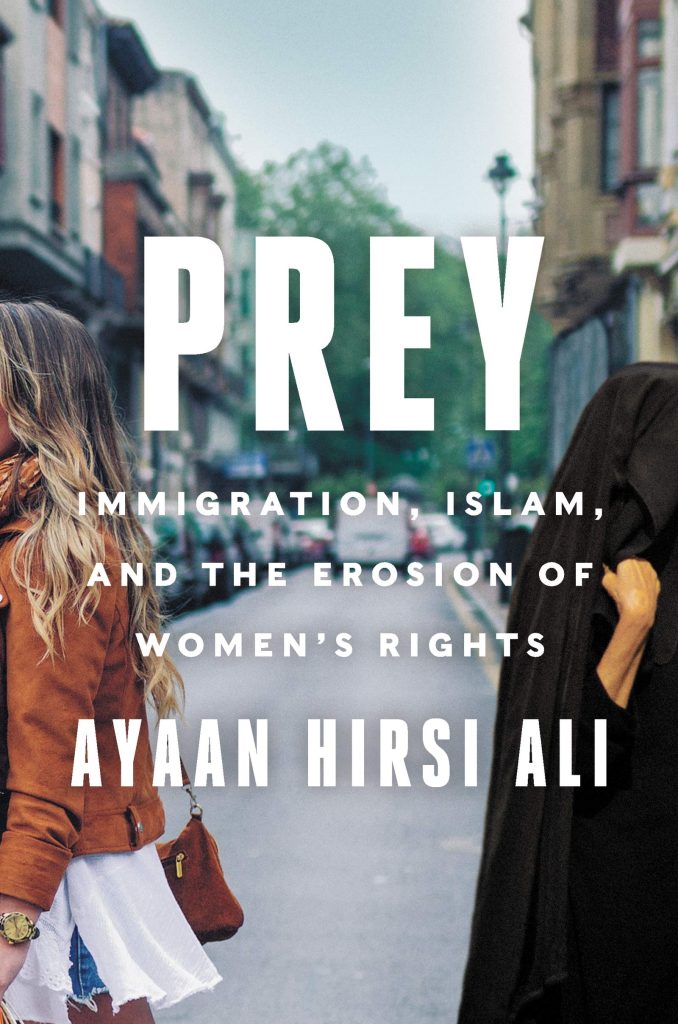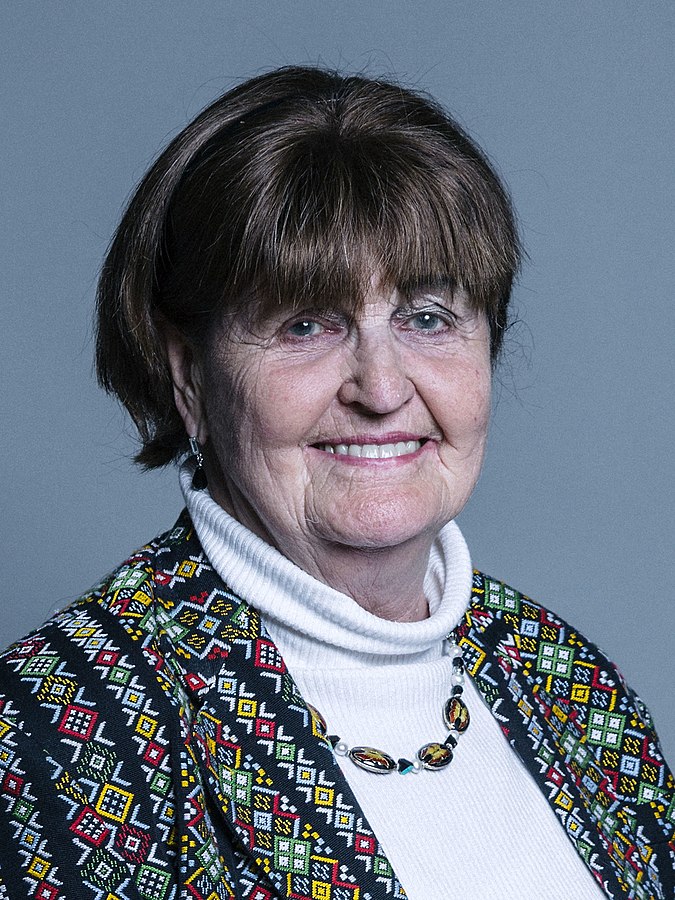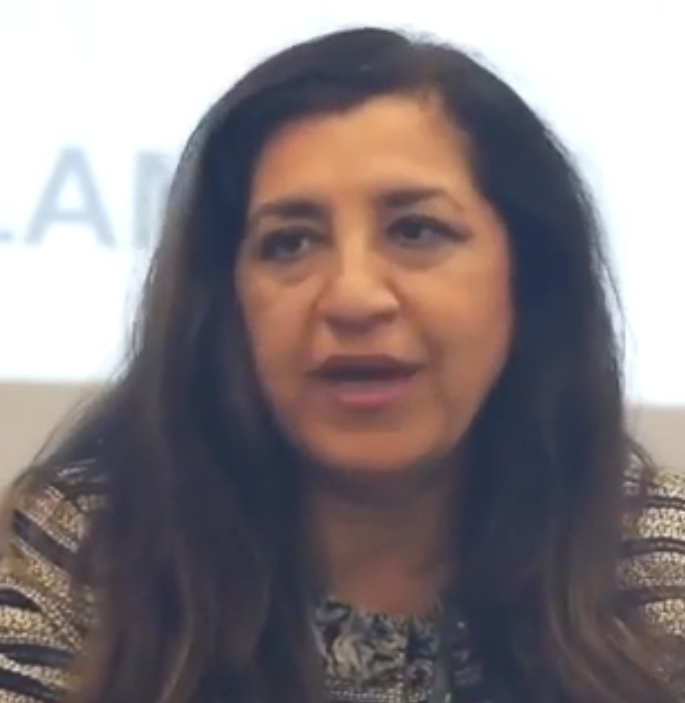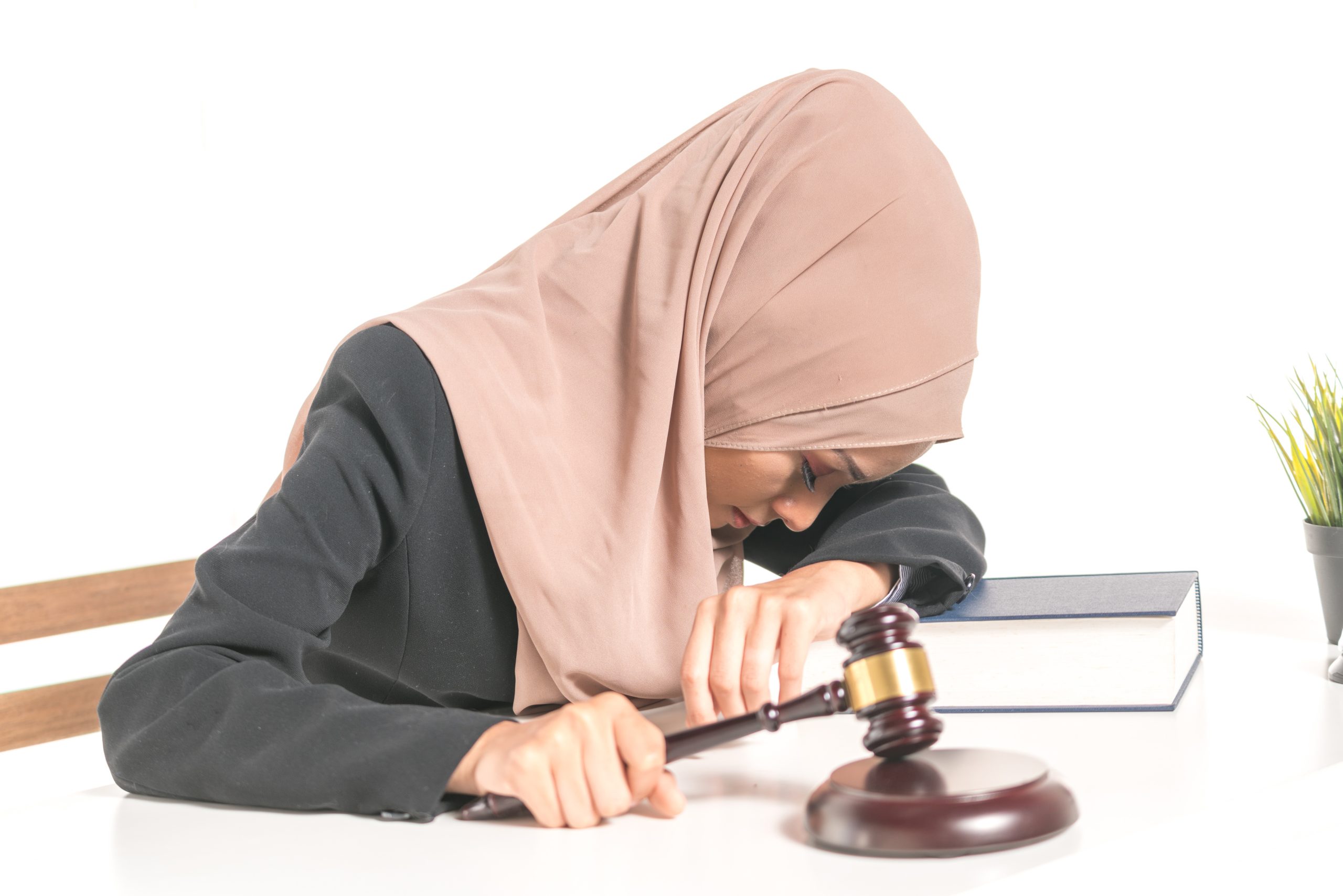
According to the 2021 United Kingdom census, the Muslim population in England and Wales has seen a significant increase in recent years, with Muslims accounting for 3.8 million of the population, up from 1.5 million in 2001. This increase has had an undeniable impact on the status of women in the UK, as it has throughout Europe, with women’s rights activist Ayaan Hirsi Ali writing in her 2021 book, Prey: Immigration, Islam, and the Erosion of Women’s Rights, that “In countries such as France, Germany, the United Kingdom, Sweden, and others with considerable numbers of Muslim immigrants, we have seen a rejection of women’s freedoms” by Muslim men and even children.
In the UK, this rejection of women’s rights has manifested itself in a growing number of unregistered marriages among the Muslim population. These marriages, which are enforced by Sharia councils staffed by Muslim imams, deny Muslim women the rights non-Muslim women enjoy in the UK. Women in unregistered marriages are vulnerable to exploitation and abuse by their husbands and are unable to get redress in Sharia councils, which force women to give up their dowry in exchange for a divorce.

Speaking at a counter-Islamist meeting that took place in Salzburg in late 2022, Baroness Caroline Cox, a member of the House of Lords and founder of Equal and Free, a British non-profit that advocates for women in unregistered marriages, recounted the dire circumstances of women in these marriages, some of whom are left penniless and denied access to their children after they leave their husbands. At the conference, recounted testimony from women who had been raped and financially exploited by their husbands. One woman told the baroness that she was never given the papers to show she had married her husband. “My husband was already married. I am now struggling to prove my marriage to him. I have witnesses but it is a difficult route to prove my husband’s misconduct.”
In response to the crisis, independent reviews were launched in 2016 and completed in 2018 by Britain’s Home Office to examine the application of Sharia Law in England and Wales. The review was initiated in response to claims that Sharia councils were discriminating against women and contributing to a lack of social and political integration within the UK. Critics argued that the observance of Sharia Law keeps Muslims marginalized and dislocated from British civic life. The report highlighted a number of “bad practices” on the part of Sharia councils that discriminate against women. For example, the report states that in some instances, woman are encouraged to make “excessive financial concessions” to their husbands in order to secure a divorce.

Aina Khan OBE, a London-based solicitor specializing in international and Islamic family law, has also been at the forefront of efforts to address the issue of unregistered marriages, or “nikah-only” unions, among young Muslims. Khan’s “Register Our Marriage” campaign, established in 2014, advocates for the civil registration of religious marriages among Muslims. In 2017, Khan told The Guardian that “in the last five years, the proportion of people under 40 having nikah-only marriages is as high as 80%.” The Guardian reported that one of the consequences of nikah-only marriages is that husbands can instantly divorce their wives by texting the word “talak” to their wives, even “even by phone or social media.” Khan has encountered numerous cases where women have been dispossessed of their inheritance, assets, or even abandoned by their husbands.
To address these issues, calls have been made to expand the Marriage Act of 1949 to include the civil registration of religious marriages from all faiths. Currently, only Church of England, Jewish, and Quaker marriages are automatically recognized, while Islamic marriages are not. Evidence suggests that many mosques in the UK fail to register religious marriages under civil law, even when authorized to do so.
“The Government must act urgently to ensure that rights of Muslim women are upheld, as so many are suffering in ways that would make our suffragettes turn in their graves,” Cox said.
Susanna Lukacs is a freelance writer and researcher, currently residing in Washington D.C. She covers Islamism and its impact on Europe.
